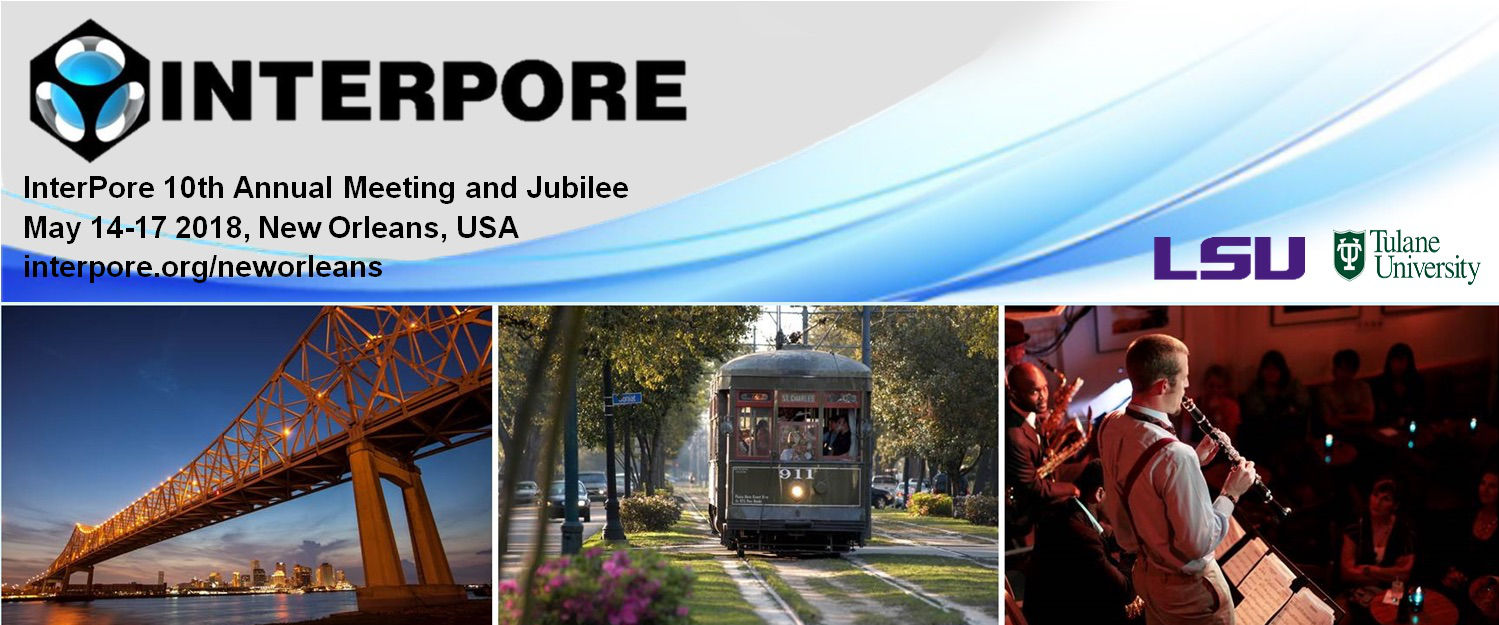Speaker
Description
Understanding the factors that control CO2 convective dissolution, which is one of the permanent trapping mechanisms, in the deep saline aquifer and associated dynamics of mixing is crucial in the long-term fate of the injected CO2. The present study investigates the effects of temporal changes in the solubility of CO2 at the free-phase CO2/brine interface on the onset of natural convection and the subsequent convective mixing by conducting linear stability analyses (LSA) and direct numerical simulations (DNS). A time-dependent concentration boundary is considered for the free-phase CO2/brine interface where the CO2 concentration first decreases with the time and then remains constant. The LSA results show that the temporal variation in the concentration increases the onset of natural convection up to two orders of magnitude. In other words, size and pressure of the injected CO2 affect the commencement of convective mixing. Based on LSA results, several scaling relations are proposed to correlate critical time and its corresponding wavenumbers with time-dependent boundary’s parameters, such as concentration decline rate and equilibrium concentration ratio. The DNS results reveal that the convective fingering patterns are significantly influenced by the variation of CO2 concentration at the interface. These findings improve our understanding of CO2 solubility trapping and are particularly important in estimation of potential storage capacity, risk assessment, and storage sites characterization and screening.
| Acceptance of Terms and Conditions | Click here to agree |
|---|


